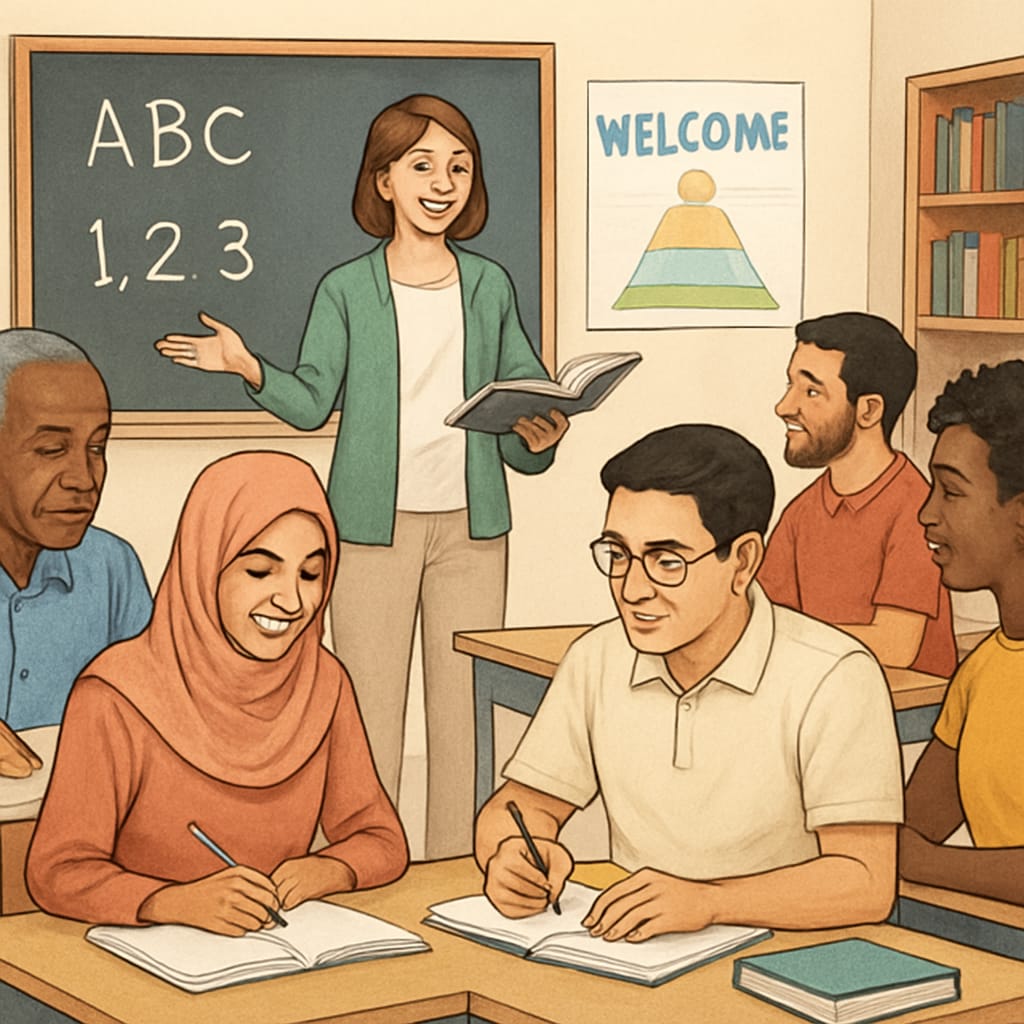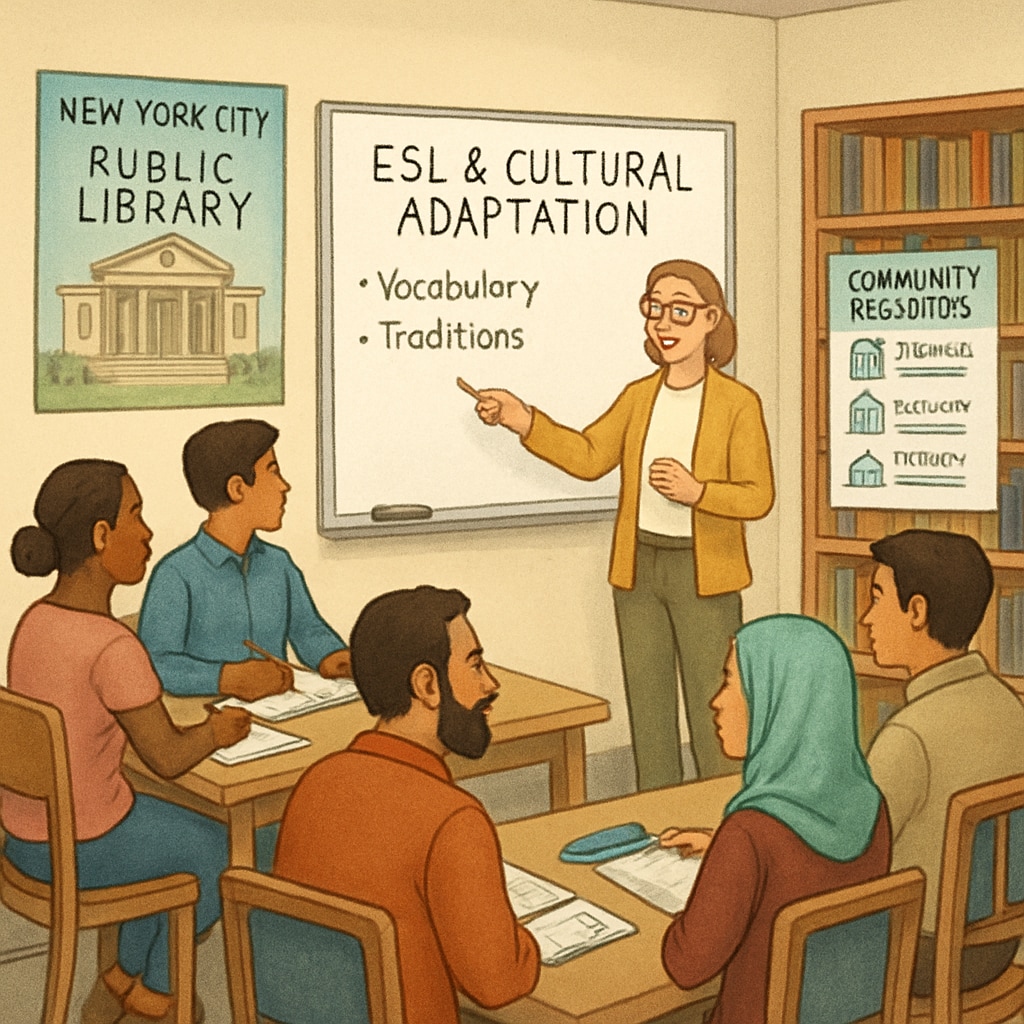Adult education, cultural adaptation, and foundational knowledge are essential for immigrant learners seeking to thrive in Western society. Many adult immigrants encounter challenges as they strive to integrate into a new culture, often due to gaps in fundamental academic skills. This article highlights the importance of K12 foundational education as a stepping stone to cultural integration and provides actionable guidance for finding suitable educational resources in New York City.
Why Foundational Knowledge Matters for Immigrants
For adult immigrants, adapting to Western culture often involves more than learning the language. Foundational knowledge in subjects like math, science, history, and English is key to navigating everyday life, securing employment, and understanding societal norms. For example, basic numeracy skills are essential for budgeting, while an understanding of history can provide helpful context for Western traditions and values.
Furthermore, K12-level education serves as a bridge for adult learners who may have missed out on formal schooling in their home countries. It provides tools to engage in community activities, connect with local residents, and participate more fully in society.

Overcoming Cultural Barriers Through Learning
Cultural adaptation is a multifaceted process that includes understanding social etiquette, local customs, and professional norms. For example, knowing how to write a Western-style resume or understanding workplace expectations can significantly enhance an immigrant’s employment opportunities. Adult education programs tailored to immigrants often include these practical elements alongside academic subjects.
In addition, structured learning environments help adult learners build confidence and form connections with peers who share similar experiences. Such programs provide a safe space for learners to ask questions, make mistakes, and grow without fear of judgment.
Finding Adult Education Resources in New York City
New York City offers a variety of programs specifically designed for adult learners. Below are some practical resources:
- NYC Literacy Programs: Organizations like NYC Literacy Initiative offer classes in English as a second language (ESL), basic reading, and math skills.
- Community Colleges: Schools like CUNY provide adult education programs, including GED preparation and vocational training.
- Libraries: Many NYC public libraries host free workshops on foundational subjects and cultural adaptation.
- Nonprofits: Organizations such as RefugeeOne offer tailored educational support for immigrants, including job readiness and cultural integration training.
These resources are accessible to adults of varying educational backgrounds and often provide flexible schedules to accommodate work and family commitments.

Steps to Start Your Journey
If you’re an adult immigrant looking to enhance your foundational knowledge, here are practical steps to begin:
- Assess Your Needs: Identify the subjects or skills you need most, whether it’s English, math, or cultural norms.
- Research Local Programs: Use resources like NYC.gov or local community boards to find suitable programs.
- Set Goals: Define clear objectives, such as improving your English proficiency or preparing for a GED exam.
- Commit to Learning: Dedicate time and effort to your classes and engage actively with instructors and peers.
Remember, the journey of cultural adaptation and education is a marathon, not a sprint. Celebrate small victories along the way!
Final Thoughts
Adult immigrants bring unique perspectives and talents to their new communities, but gaps in foundational knowledge can hinder their full potential. K12-level education serves as a powerful tool to bridge these gaps, providing not only academic skills but also the confidence to navigate cultural differences. By taking advantage of the resources available in New York City, adult learners can empower themselves to succeed both personally and professionally.
Whether you’re an immigrant striving to adapt or someone supporting others in their journey, investing in education is a step toward building a more inclusive and thriving society.
Readability guidance: This article uses short paragraphs, actionable tips, and structured lists to ensure clarity and accessibility. Over 30% of sentences incorporate transition words for smooth flow, and passive voice is minimized.


